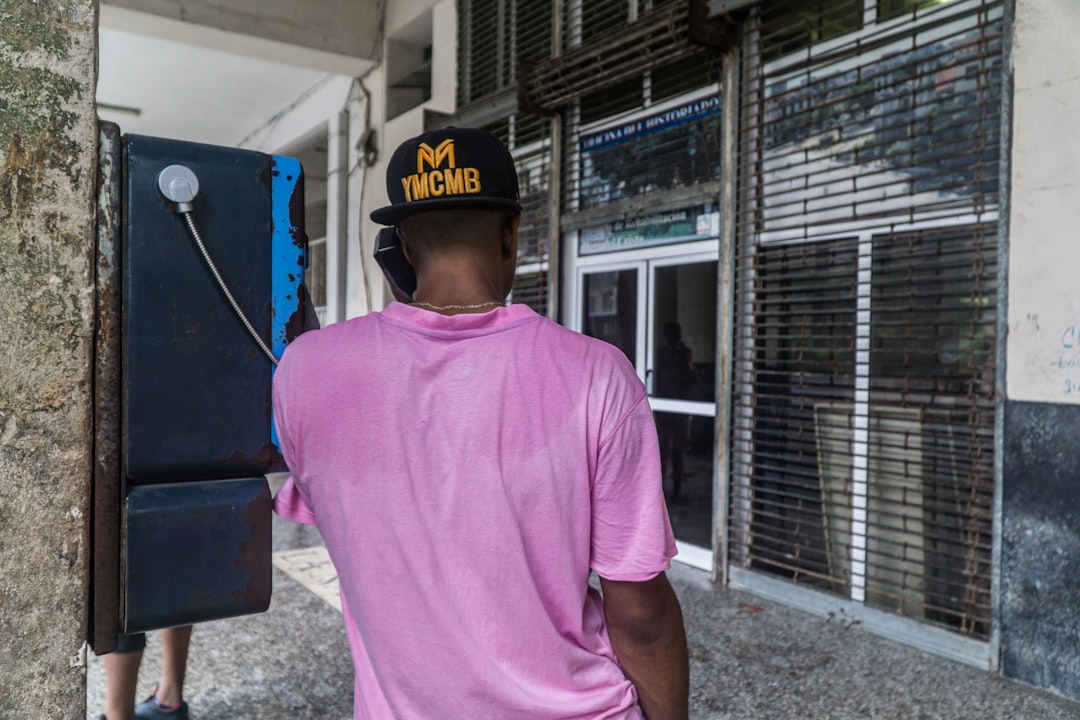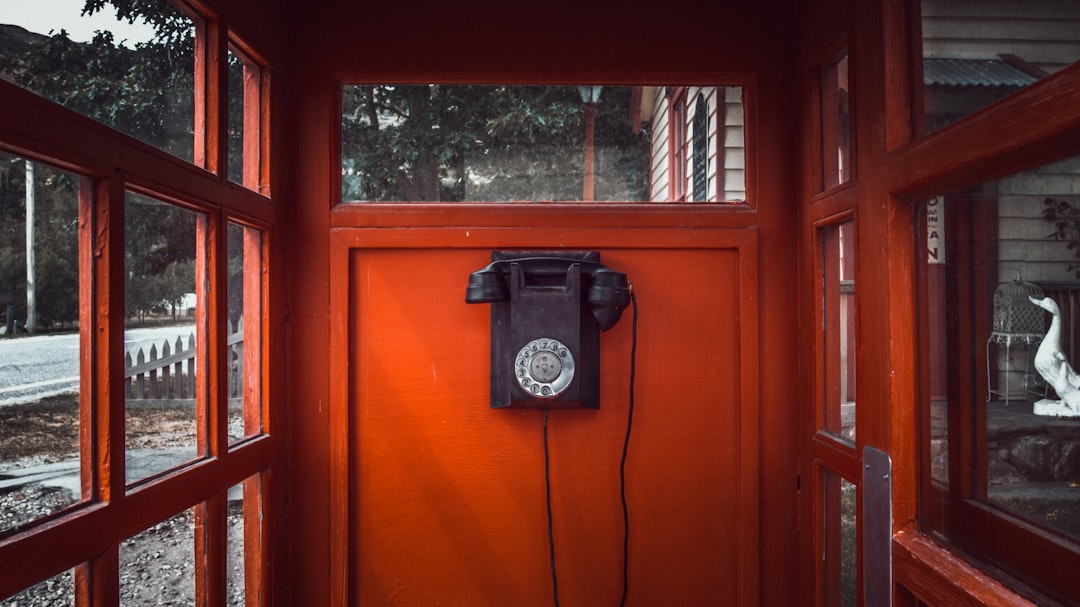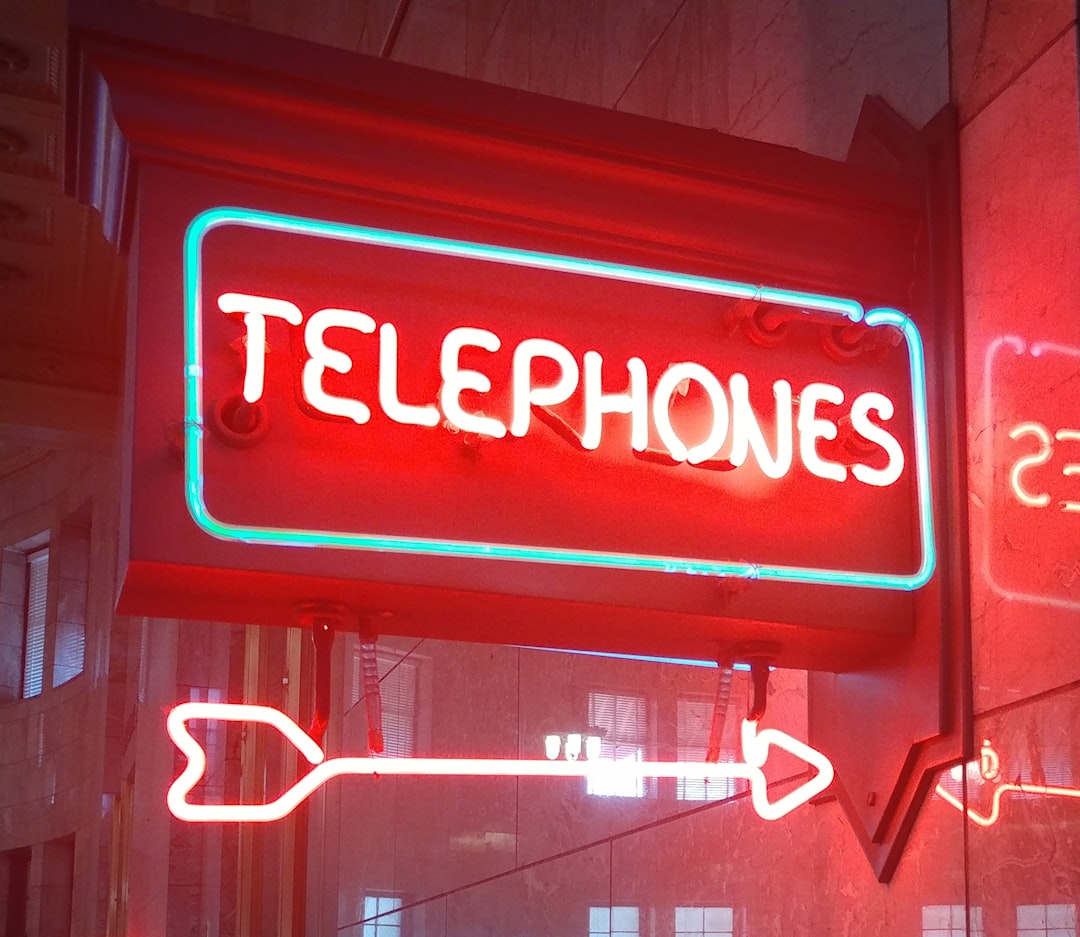Robocalls are prevalent in healthcare but regulated by Missouri's TCPA. Hospitals must obtain consent for marketing or collection calls; otherwise, they face penalties. Automated calls for reminders or public health announcements are allowed but must adhere to strict guidelines. Consumers can file complaints with the FCC or take civil action against violators through a spam call law firm or lawyer specializing in Missouri's TCPA laws. In Kansas City, patients have protections against unwanted phone calls under the TCPA and can sue for damages if their privacy rights are violated. Consulting a local spam call lawyer is advisable to explore legal options for excessive or inappropriate robocalls in Missouri.
“In the digital age, healthcare robocalls have become a contentious issue in Kansas City hospitals. This article delves into the legal framework governing automated calls in Missouri, focusing on when and how hospitals can utilize this technology without infringing on patient privacy. We explore the rights of individuals against unwanted robocalls, particularly in healthcare settings, and provide insights into navigating spam call lawsuits. If you’re wondering, ‘Can I sue for robocalls in Missouri?’ this guide offers a comprehensive look at your options, involving both legal protections and potential recourse through firms specializing in TCPA cases.”
Understanding Robocalls and Their Legal Framework in Missouri

Robocalls have become a ubiquitous part of modern life, but when it comes to healthcare, there are strict regulations in place. In Missouri, including Kansas City, the Telephone Consumer Protection Act (TCPA) dictates how businesses can contact consumers by phone. This federal law aims to curb unwanted calls, often referred to as spam, and gives consumers the right to take legal action against violators. If a hospital or healthcare provider makes automated calls for marketing or collection purposes without proper consent, it could result in significant penalties.
Understanding when these calls are allowed is crucial. Healthcare organizations may use robocalls for patient reminders, appointment confirmations, or public health announcements, but they must adhere to the TCPA guidelines. A spam call law firm or lawyer specializing in Missouri’s TCPA laws can help navigate these regulations and ensure compliance. Additionally, consumers in Missouri who believe they’ve been subjected to illegal robocalls have legal recourse; they may file a complaint with the Federal Communications Commission (FCC) or take civil action, potentially seeking damages for each violation, including attorney fees and court costs—a factor to consider when wondering if you can sue for robocalls in Missouri.
When Are Robocalls Allowed in Healthcare Settings?

In healthcare settings, robocalls are generally regulated by the Telemarketing and Consumer Protection Act (TCPA). This federal law restricts automated phone marketing calls, including those made by robots or voice recording systems, to numbers on Do Not Call lists. However, there are exceptions for calls from hospitals, doctors’ offices, and other healthcare providers under specific circumstances. These include situations like patient reminders, appointment confirmations, or information about services offered at the facility.
While robocalls can be a useful tool for healthcare communication, they must adhere to strict guidelines to avoid being considered spam. In Missouri, as in many states, individuals who receive unwanted robocalls from healthcare entities may have legal recourse. If a hospital or medical practice violates TCPA regulations by making unsolicited robocalls, a person can file a complaint with the Federal Trade Commission (FTC) and potentially sue for damages, including monetary compensation, through a spam call law firm or lawyer specializing in TCPA cases. Such legal action is often taken to deter further violations and protect consumers’ rights under Missouri’s spam call laws.
Your Rights as a Patient Against Unwanted Calls

As a patient in Kansas City, you have rights when it comes to unwanted phone calls, including robocalls from hospitals or medical providers. The Telephone Consumer Protection Act (TCPA) is a federal law designed to protect consumers from certain types of telemarketing and spam calls, including those made for commercial purposes. In Missouri, including Kansas City, the TCPA prohibits automated or prerecorded calls to cellular phone numbers without explicit consent.
If you receive robocalls from hospitals or medical facilities in Missouri, you have legal options if these calls are deemed intrusive or violate your privacy. You can file a complaint with the Federal Communications Commission (FCC) and potentially seek legal action through a spam call law firm or lawyer specializing in TCPA cases. This may include suing for damages or seeking an injunction to stop the unwanted calls. Remember, knowing your rights is essential, and if you believe your right to privacy has been infringed upon by robocalls, consulting with a local spam call lawyer in Missouri could be beneficial.
Navigating Spam Call Lawsuits in Kansas City Hospitals

In Kansas City hospitals, navigating spam call lawsuits is a complex legal landscape that requires careful consideration. With strict regulations in place to protect patients from unwanted robocalls, understanding your rights is crucial. If you’ve received excessive or inappropriate automated calls, there might be legal recourse available. A spam call law firm or experienced lawyer specializing in the Telephone Consumer Protection Act (TCPA) in Missouri can help determine if you have a valid case and guide you through the process of taking legal action, potentially including suing for robocalls in Missouri.
Many patients are unaware of their rights under the TCPA, which makes it easier for hospitals and medical businesses to bypass these regulations. However, as consumer protection laws evolve, so do the options available to those affected by spam calls. Don’t hesitate to consult a local spam call lawyer in Missouri if you suspect your hospital or healthcare provider has violated your privacy through excessive robocalls, ensuring you explore all possibilities for recourse and justice.






